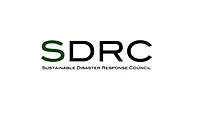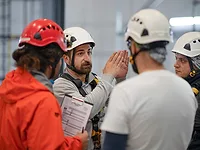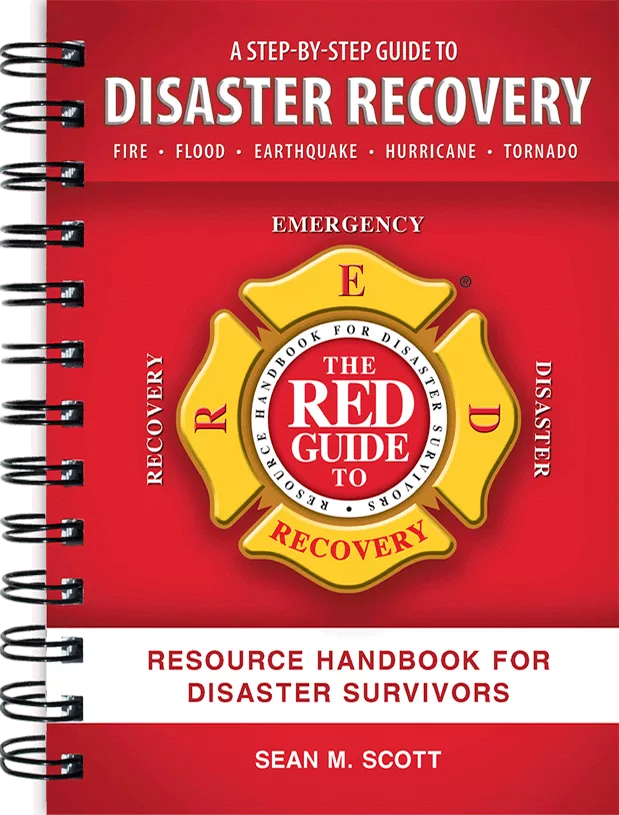Special Section: Prepping for Disaster
New Industry Council Brings Fresh Approach to Disaster Response
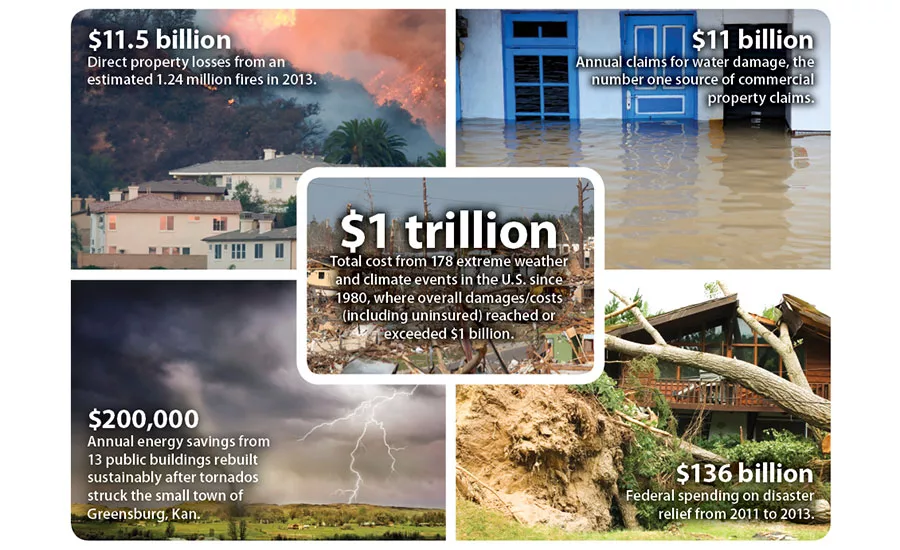
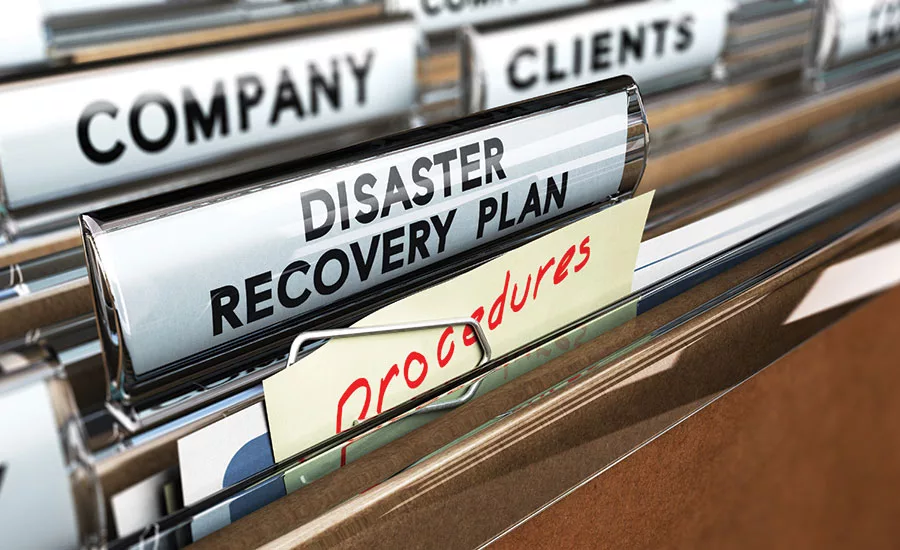
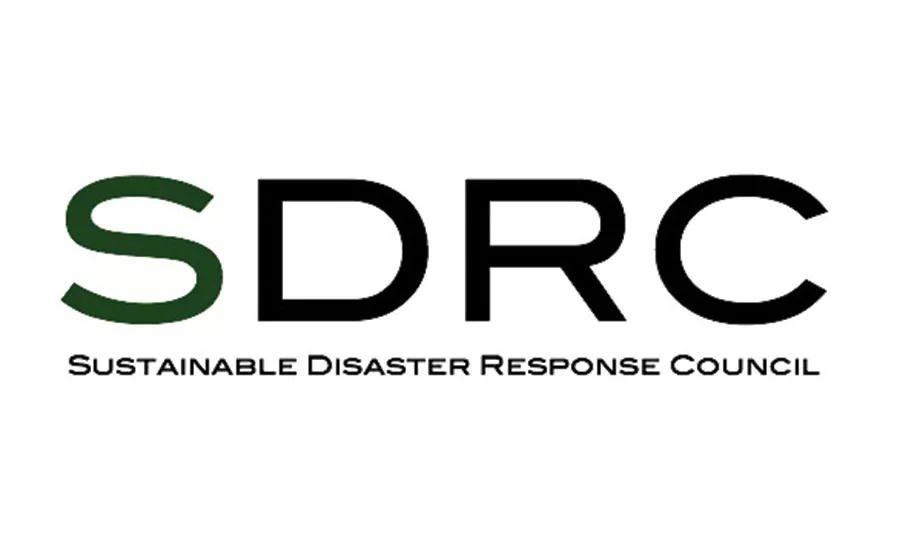
Each year we spend billions of dollars to respond to and recover from disasters, large and small. This money ultimately comes right out of our pockets in the form of higher insurance premiums and taxes. The question we have isn’t do we need to spend on disaster recovery; it is, are we getting our money’s worth. Is rebuilding a building or neighborhood exactly the way it was before the disaster and in the same place a good investment?
The answer is we can do better and disaster response firms can take the lead. That is the reason we launched the Sustainable Disaster Response Council (SDRC) earlier this year. SDRC is a new member-driven organization that brings together a diverse group of leaders committed to advancing best practices for sustainable disaster recovery and restoration. Our members and strategic partners represent:
- Disaster response and property restoration firms
- Large property owners & managers
- The architecture, engineering and construction community
- The insurance sector
- Experts from industry trades, NGOs, academia and government
Sustainable disaster response and property restoration are quite simply about rebuilding a stronger economy. Homeowners and businesses reinvest energy savings. Commercial property owners improve tenant satisfaction and employee productivity. Insurers turn claims into a down payment on risk reduction and resiliency. Public health benefits accrue broadly. And businesses throughout the disaster response life-cycle create, expand and shape the market for green products and services.
SDRC helps American homes, businesses and communities turn every loss into smart investments in a stronger, safer, healthier and environmentally responsible future.
SDRC will be involved in several initiatives:
- Standards and certification. SDRC will develop two industry standards - one to define and validate sustainability throughout the life-cycle of common disaster response and property restoration projects, and another to certify the sustainability of disaster response and property restoration contractors’ products, services, and operations. In doing so, we will incorporate, reference and build effective links to other evolving codes and standards that govern the safety, quality and performance of building products, services and professionals.
- Education: SDRC education programs and professional credentials will focus on helping our members and their stakeholders leverage SDRC standards to validate the sustainability of disaster response and property restoration projects, as well as associated contractors’ products, services and operations..Education will also be available to leaders in government and civil society who share our mission.
- Research: SDRC features the latest expert viewpoints, research and case studies from across our members and strategic partners – creating a unique knowledge base that covers the challenges, opportunities and best-practices for sustainable disaster response and property restoration. We also facilitate collaborative research, discussion forums and ad-hoc working groups across our members and with their broader stakeholders.
- Advocacy: From Congress, the White House and federal agencies, to governors, state legislatures, insurance regulators and the standards and codes bodies that govern the building sector - SDRC will advocate for policies that prioritize sustainability in disaster response and property restoration. In doing so we help public sector leaders connect the dots between our mission and existing programs and funding for infrastructure, energy and the environment, public health, and other priorities.
We are a member-driven association. Our research, advocacy, certification and education programs are guided by our members, intellectual capital and experience in the marketplace. SDRC members help shape the SDRC mission.
Our first step is to build the membership of the organization and name a board of directors. We have already received several commitments from the insurance disaster response industry that see exciting value in joining the council.
Looking for a reprint of this article?
From high-res PDFs to custom plaques, order your copy today!



